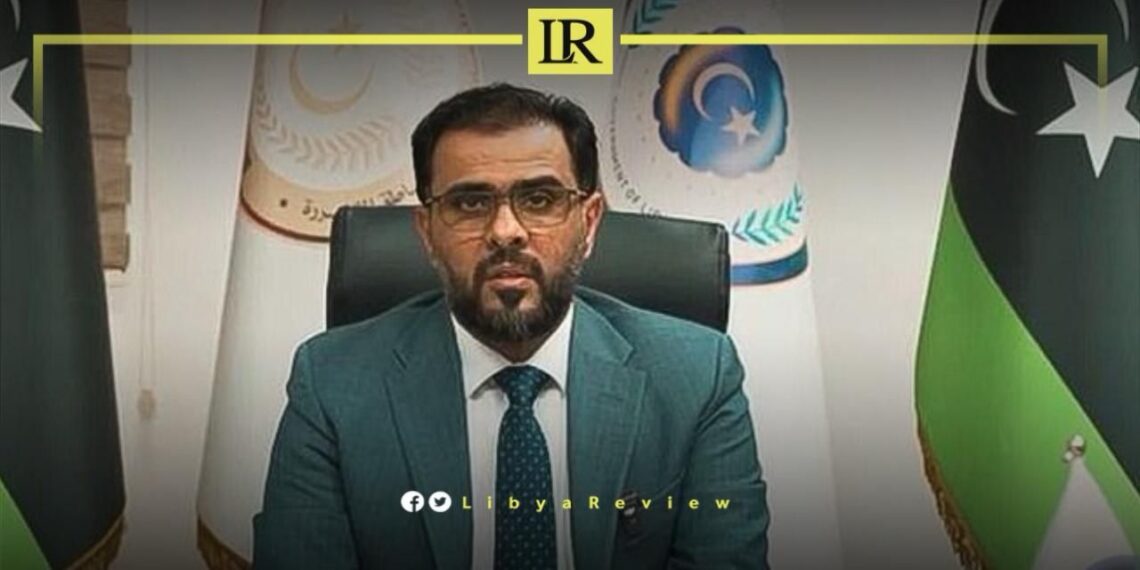In response to the recent violence in Tripoli, Osama Hammad, Libya’s Prime Minister of the Parliament-designate government, has condemned the killing of 10 individuals in the nation’s capital, currently under the control of the Government of National Unity (GNU). The GNU is led by Abdelhamid Dabaiba, Hammad’s rival, who has stated he will only relinquish power to a democratically elected government.
Highlighting the ongoing insecurity linked to the presence of competing armed factions in Tripoli, Hammad has called upon the Attorney General to launch an immediate investigation into the killings. He emphasized his administration’s commitment to fostering security and stabilizing the volatile situation in Libya’s western regions, drawing parallels to the relative peace and stability achieved in the country’s eastern and southern parts. These successes, he noted, were made possible through the concerted efforts of the Libyan National Army and the Ministry of Interior.
According to local media reports citing anonymous sources, the tragic incident, now referred to as a “massacre,” was carried out by Saif al-Kikli, reportedly related to Ghnewa al-Kikli, a leading figure in the Stability Support Apparatus of the Libyan Presidential Council. Security sources suggest a lack of legal or security measures against Saif al-Kikli, pointing to a broader issue of impunity.
The United Nations Support Mission in Libya (UNSMIL) has called for an immediate, transparent, and independent inquiry into the massacre, underscoring the international community’s concern over the unfolding situation.
GNU Prime Minister Abdelhamid Dabaiba has offered a contrasting perspective on the presence of armed militias in Libya, lauding them as national defenders against aggressors and saboteurs. In a recent interview, Dabaiba explained the integration of militias into Libya’s military and security sectors over the past two years, challenging the notion that these groups are rogue forces. He acknowledged the widespread availability of weapons since the 2011 upheaval but suggested a nuanced view of the militias’ potential threat to Libya’s security.
Dabaiba emphasized the ongoing efforts to professionalize these groups, highlighting their crucial role in the nation’s security infrastructure and their adherence to the command of the Libyan army and defense leadership.
Libya’s struggle with instability and division between rival administrations traces back to the 2011 NATO-supported uprising that ousted long-standing leader Muammar Gaddafi, marking a prolonged period of turmoil and governance challenges in the country.


